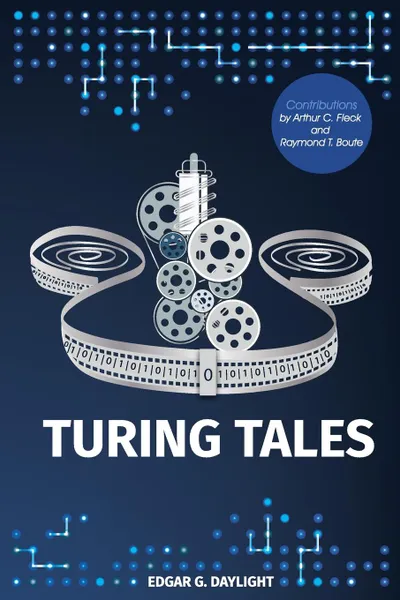Turing Tales 12+
Автор: Edgar G. Daylight
266 страниц
Категория: Компьютерные технологии
ISBN: 9789491386060
Язык: Английский
📓 Edgar Daylight's rather provocative theme in this book is that many high-profile computer scientists do not consistently distinguish between their favorite mathematical concepts and the representations thereof in the real world. This leads to mistakes. Daylight introduces seemingly small but useful distinctions. As a result, technical corrections are put forth in connection with formal verification, computer viruses, and program transformation systems. Even mathematics isn't free from conceptual flaws. Raymond Boute scrutinizes several unsound treatments of the function concept and connects his findings with computer science proper. Daylight also rectifies the romantic idea that “Turing invented the modern computer”. Contrary to public opinion today, most computer pioneers were not trying to build a practical realization of a universal Turing machine. An exception in this regard is the Dutch computer builder Willem van der Poel, whose story is told here in English for the first time. Arhur C. Fleck rounds out the historiographical weight of this book with his valuable reflections on the history of programming languages and Turing-Award winners.
Мнения
